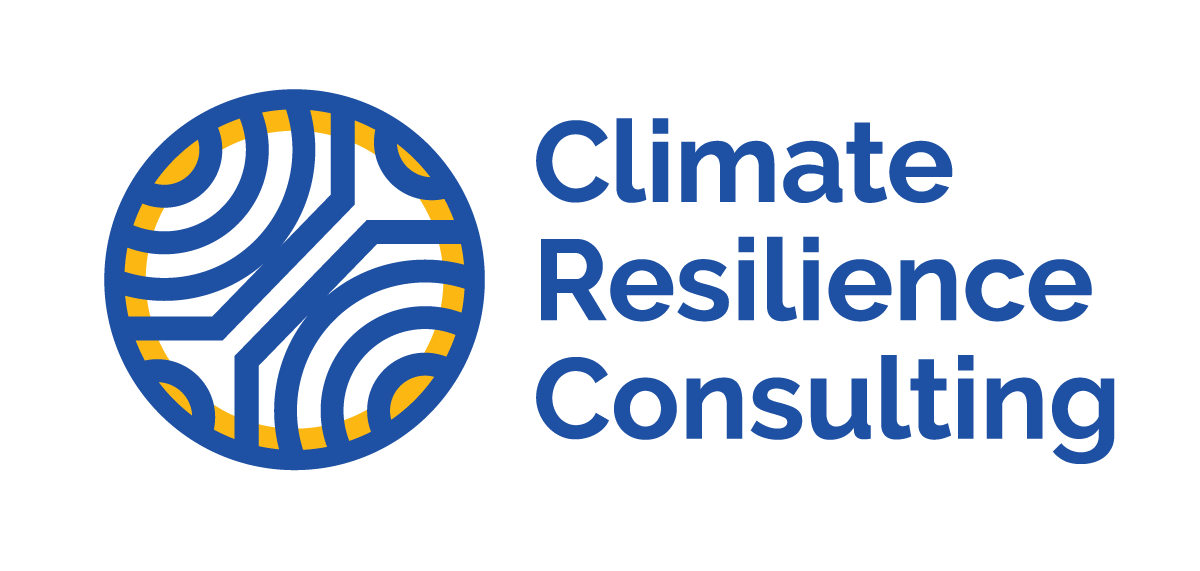Climate change science – reach out and grab it I participated last weekend on a Net Impact panel that explored, “Climate Change Adaptation Strategy: Why Every Company Needs One.” Among the key takeaways for me: corporations must close the gap between scientific information and industry action. (Other panelists included Kathrin Winkler, vice president and chief sustainability officer at EMC Corporation; Dina Kruger, president of Kruger Environmental Strategies; and Jeff Senne, director of Environment and Marketplace at PwC U.S..)
At least three reasons explain the chasm:
- Corporations haven’t made it clear they desire data on climate change. For instance, they’re not clamoring to seek such information from the Feds.
- Aggregated climate change data can be hard to penetrate and are never geared toward a corporate audience. (The adaptation clearinghouse, for instance, is loaded with information, but it seems geared to policymakers and scientists).
- Scientists don’t talk ‘corporate’ and, therefore, don’t share their information with us.
I addressed No. 1 in my first blog post. (One reason we should be engaging on climate adaptation is that we’re missing out: if the corporate sector does not begin to engage, it risks being shut out of the climate-adaptation policy decisions emanating from federal, state and local governments). No. 2 is driven by a lack of resources and poor marketing. (Federal and foundation grants are awarded for communicating climate science – to policy makers and scientists, not to corporations). I wish to exchange ideas with you about this in a later post.
I’m particularly interested in how corporations can help scientists share their data. I recall a poignant conversation with a climate scientist who said he knew no one in corporate America and couldn’t imagine how to apply his science to corporate needs. It turns out his wife and sister were both employed by Fortune 500 companies’ a dinner conversation generated all sorts of climate science applications, involving supply chain, employee engagement and operational, among others.
A big issue is trust. Climate scientists work extremely hard to generate their particular data, and they often feel proprietary about it. Perhaps my very rusty undergrad degree in biology enhances my climate adaptation work. Not that I remember much from those glorious courses in genetics and plant physiology. But my tendency to sprinkle words like “methodology” and “supporting research” into enough of our conversations may explain why I possibly understand these researchers.
Of course, I understand them just some of the time. My experience probing what they know, applying that knowledge to my challenges and then communicating results to other influencers leads me to conclude one major point. It’s up to us corporate folks who market, sell and communicate to reach out ourselves and grab climate science from the scientists who gather, analyze and conclude.
